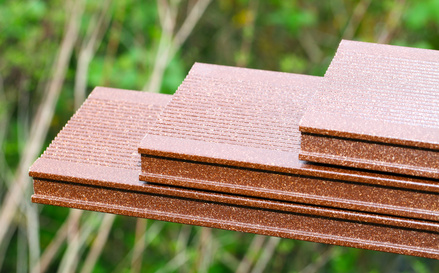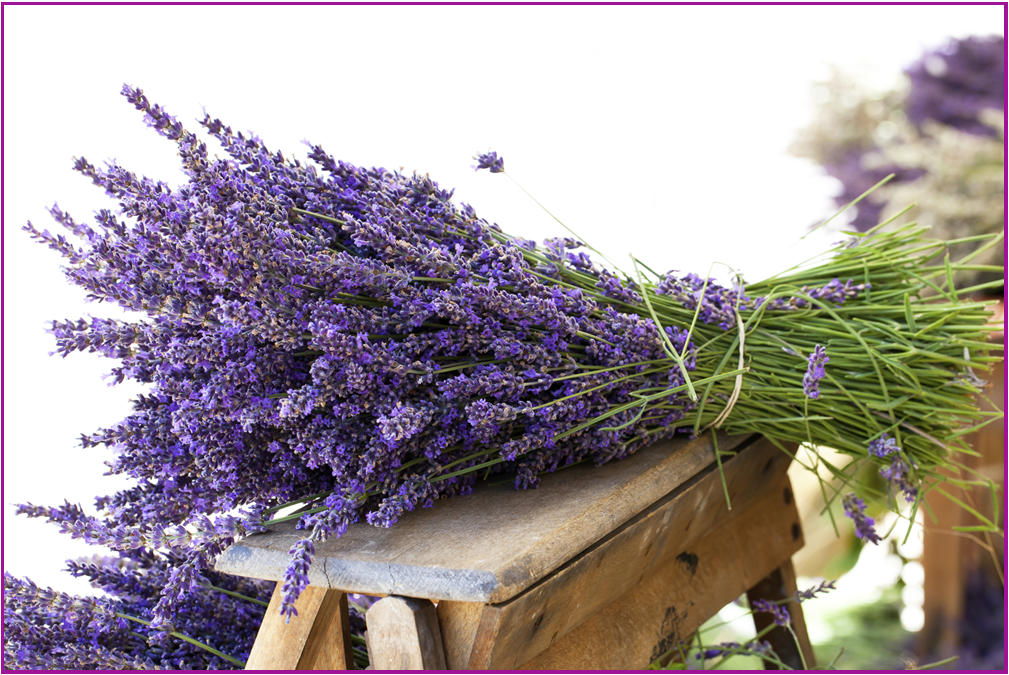We often hear about WPC (Wood Plastic Composite), composite material made of thermoplastics and wood, for which it is possible to use different kinds of wood flour in addition to virgin or recycled plastics.
When mixed together, plastic makes wood fibers more resistant to humidity, while wood makes plastic more durable.
The most widespread use of WPC is outdoors (fences, deck floors, benches, windows and doors), but it is also utilized for indoor furniture and for decor in the automotive sector. WPC articles do not corrode and are highly resistant to weather conditions. They have good workability and can be shaped using conventional woodworking tools. Another advantage over wood is that such material can be moulded to meet almost any desired shape; let’s not forget it need not be painted. In fact it is manufactured in a variety of colours and widely available in greys and earth tones.
According to what stated on the occasion of WPC Congress held in Cologne last December, the market for these materials has risen by an average annual growth of 35% and for the next few years a considerable increase of its use in various applications has been estimated, thanks to its technical features. China is a very receptive market for WPC; there entire buildings are made from WPC panels.
VIBA Laboratories have recently developed some products aimed to satisfy all the different requests of customers. These are: VIBATAN® WPC PROTECTOR 03959, VIBATAN® GP IR ABSORBER 02571, VIBATAN® COUPLING AGENT 03915 and VIBATAN® SLIP RF/G 00364.
VIBATAN® 03959 contains a synergic blend of primary and secondary antioxidant agents which confer a considerable antioxidant protection against polymer thermo-oxidative degradation and a protection against photo-oxidative phenomena.
To facilitate the processing of WPC end-products VIBA can offer its VIBATAN® SLIP 00364, which works as inner lubricant improving the slipping of fused mass at the exit of the nozzle or of the die.
While VIBATAN® GP ABSORBER 02571 acts as protector, VIBATAN® COUPLING AGENT 03915 improves the compatibility between the polymer and wood flour, thus avoiding shrinkage on the finished product.
Vibatan fragrances
Scent is one of the most powerful selling tools. For businesses across many sectors, getting the right fragrance can mean the difference between failure or success. Fragrances are being increasingly used in plastic products to enhance their appeal and acceptability. Nothing compares the positive impression we have when smelling a good scent. Adding scent to a polymer is not a new technology. However, standard production techniques often produce disappointing results because the fragrance is destroyed by the high temperatures required during polymer processing.
VIBA can offer a wide range of resistant fragrances, requiring low dosages and thus making them a cost-effective, as well as appealing addition to products.






